US's VP continues Southeast Asia tour in attempt to co-opt countries against China
US Vice President Kamala Harris has arrived in Vietnam as she continues a tour of Southeast Asia in an attempt to co-opt countries against China.
Harris arrived in Vietnam on Wednesday after her flight was delayed by several hours due to a mysterious health incident with similarities to the so-called Havana syndrome. The US State Department said that Harris' departure from Singapore to Hanoi had been delayed after reports of a "possible anomalous health incident" there. It was unclear who was affected.
The mysterious Havana syndrome was first reported among diplomats at the US and Canadian embassies in Havana in 2016 and 2017.
Speaking in Hanoi on Wednesday, Harris said there was a need to increase pressure on Beijing over its maritime claims in the South China Sea.
Harris offered Vietnamese President Nguyen Xuan Phuc support to counter Beijing in the South China Sea.
"We need to find ways to pressure, raise the pressure… on Beijing to abide by the United Nations Convention on the Law of the Sea, and to challenge its bullying and excessive maritime claims," said Harris during a meeting with the Vietnamese president.
Speaking in Singapore a day earlier, Harris had said that Beijing's use of what she called scare tactics in the South China Sea continued to undermine "the rules-based order" and threatened the sovereignty of other regional nations.
"Beijing continues to coerce, to intimidate, and to make claims to the vast majority of the South China Sea," she said.
Laying out the US administration's foreign policy goals, Harris reiterated that Washington had enduring interests in the Indo-Pacific region and aimed to counter Beijing's aggressive advances, as well as maintain "freedom of navigation."
"Our engagement in Southeast Asia and the Indo-Pacific is not against any one country, nor is it designed to make anyone choose between countries," she claimed.
Harris sought to assure America's Southeast Asian allies that growing US-China tensions would not force nations that have strong ties with both countries to choose one side of the political equation. She said however that Washington would take the side of its allies in all their territorial disputes with China. The United States "stands with our allies and our partners" in the face of what she called threats from China.
In response to Harris's remarks, Chinese state media decried the US vice president, accusing her of interfering in regional affairs by seeking to divide China and Southeast Asian nations to stem Beijing's economic rise.
"While pointing a finger at China and accusing it of 'coercion' and 'intimidation', Harris willfully ignored her own hypocrisy in attempting to coerce and intimidate regional countries to join Washington in its scheme to contain China," the state-run China Daily said in an editorial, describing Harris' remarks in Singapore as a groundless attack on China.
"It seems that the United States' only commitment to Southeast Asia is its dedicated efforts to drive a wedge between the Southeast Asian nations and China," it said.
China has accused Washington of bullying and hegemonic behavior. China's Foreign Ministry spokesman Wang Wenbin said late on Tuesday that Afghanistan was one of the many examples defining what the US's so-called world order truly meant for nations.
"The current events in Afghanistan clearly tell us what the rules and order the US speaks of are," Wang said.
The US sees its rivalry with China as "the biggest geopolitical test" of the century, and Southeast Asia has seen a series of high-profile visits by top US administration officials, including Secretary of Defense Lloyd Austin, who visited Hanoi in late July. The visits have escalated tensions between the US and China, which were already high due to a range of issues ranging from cybersecurity to human rights issues.
The South China Sea is a gateway to major sea routes, through which about 3.4 trillion dollars' worth of trade passes each year, and contains huge gas fields and rich fishing grounds. China claims sovereignty over much of the strategic waterway and has since 2014 built artificial islands on reefs and installed military bases on them.
Vietnam, the Philippines, Malaysia, and Brunei have overlapping claims with China to parts of the sea.
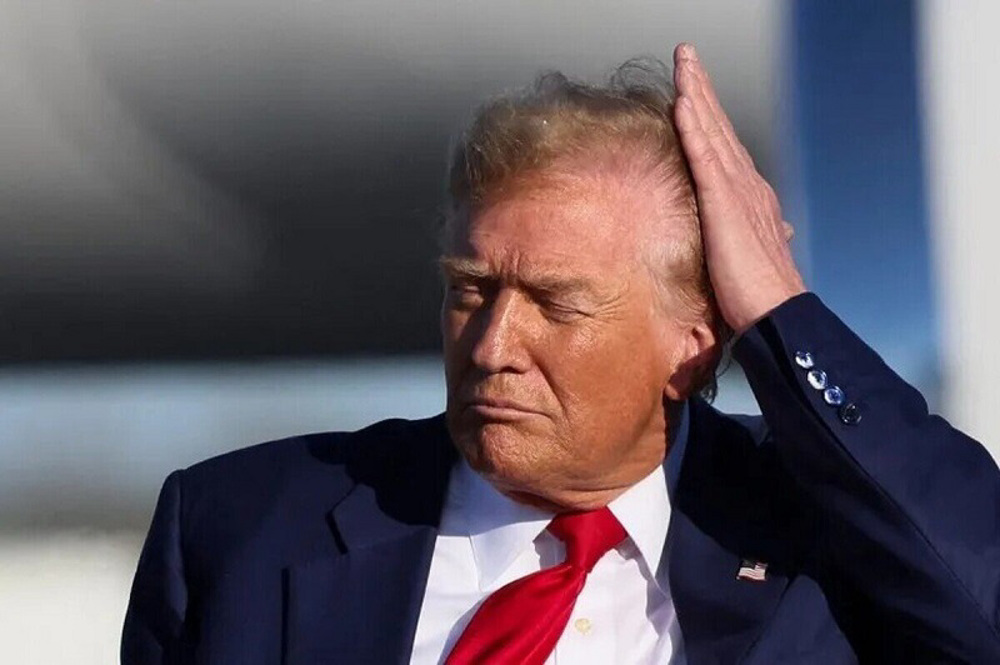
Trump Ukraine mediation muddle
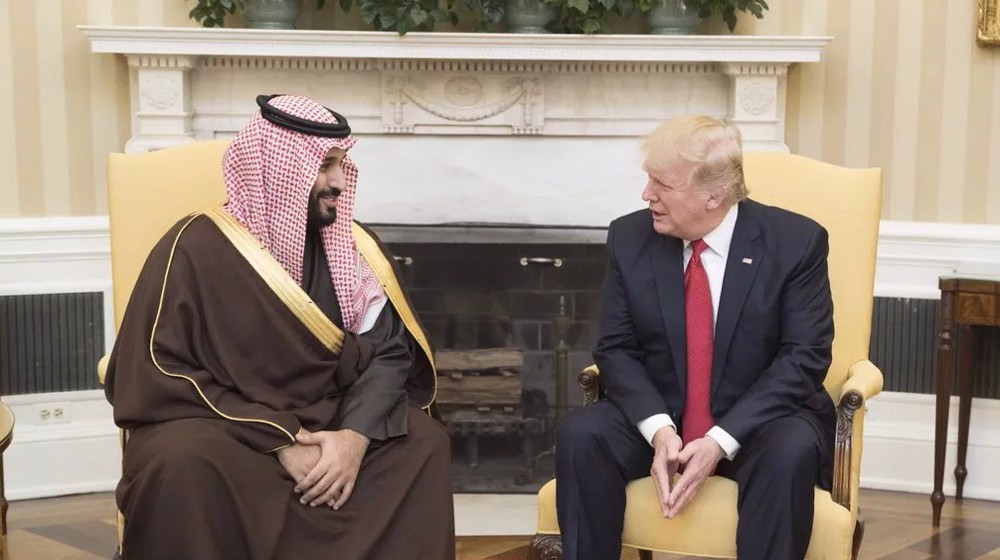
Trump poised to sell arms worth $100 billion to Saudi Arabia: Report
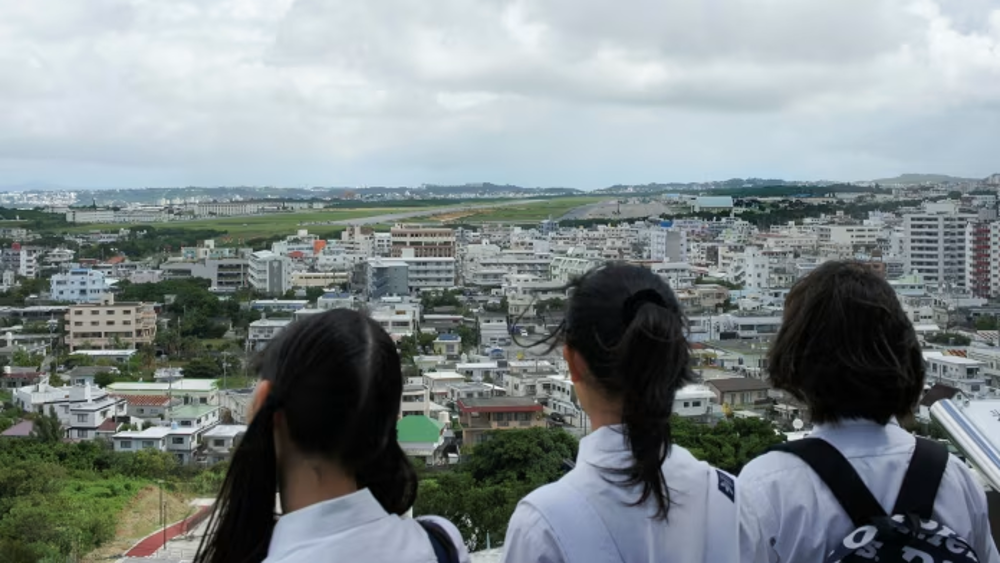
Two US marines accused of raping Japanese women in Okinawa
China supports Iran’s peaceful nuclear program, diplomatic engagement: Envoy
Yemen vows payback as Saudis, Emiratis whisper dirty US plots in the dark
Oil Minister Paknejad: Russia to build nuclear plant in Iran with own funds
UAE deploys radar in Somalia to monitor Yemen’s anti-Israel strikes
Iran summons Dutch envoy over 'baseless' accusations against Tehran
VIDEO | Press TV's news headlines
India, Pakistan exchange fire as UN calls for 'maximum restraint'
Iran condemns Israeli attacks on Gaza tents as 'clear proof of war crime'


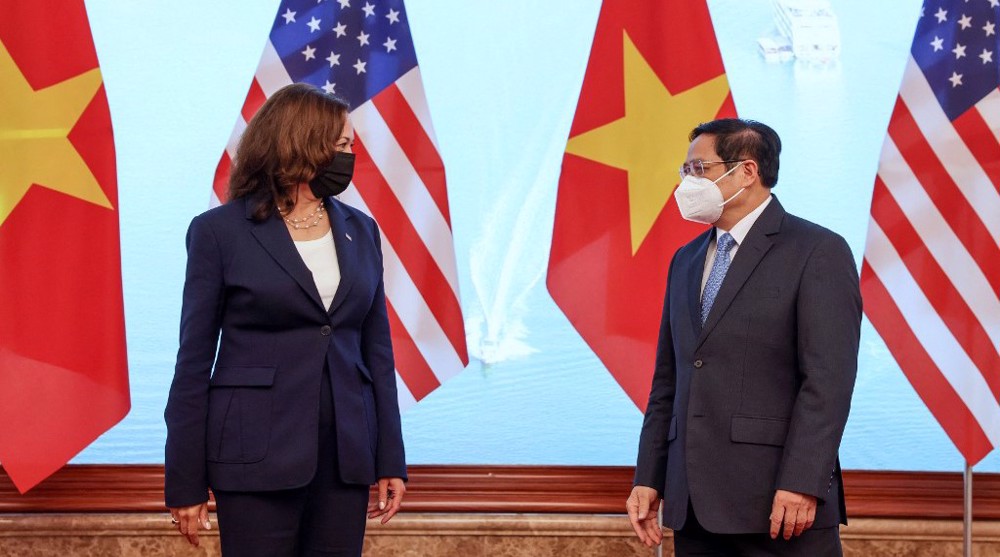
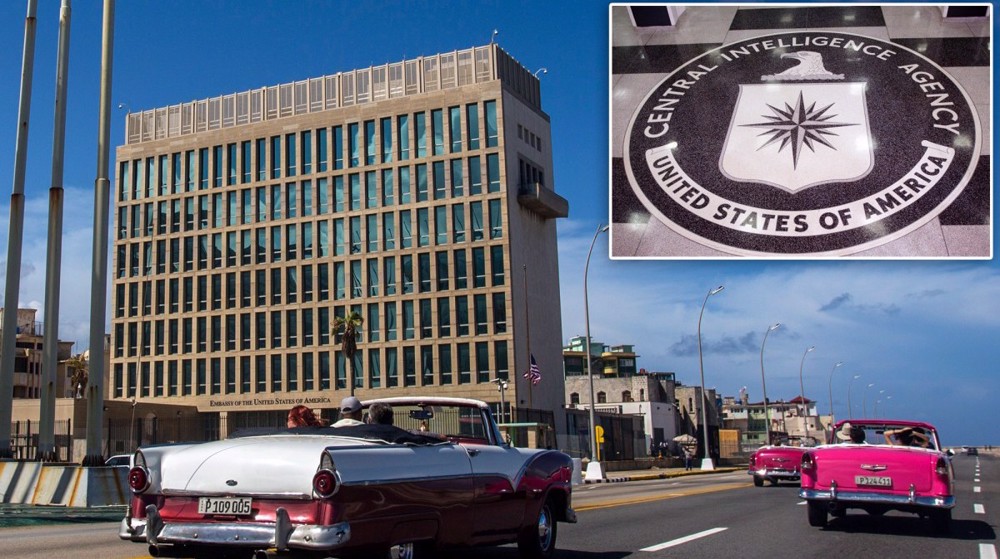
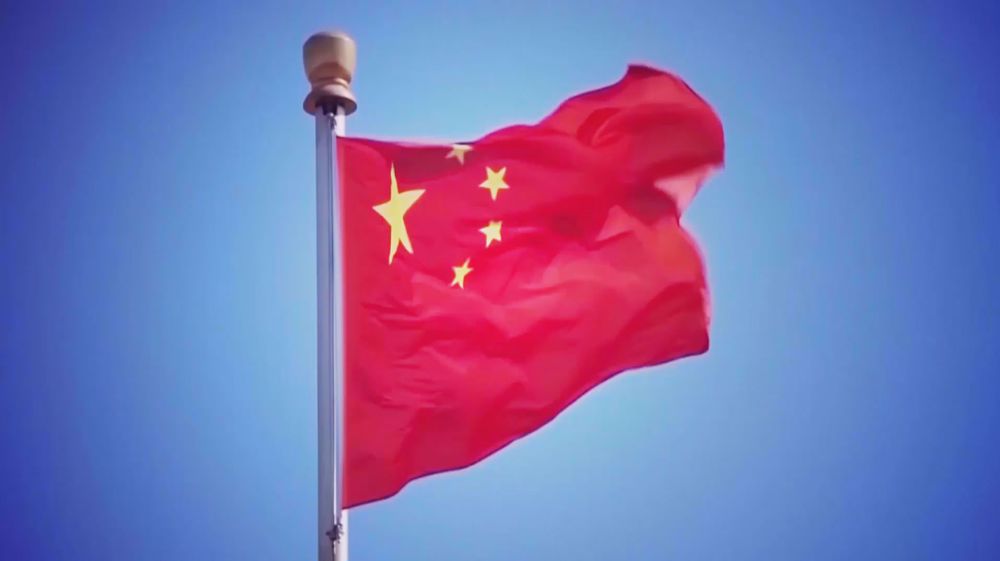
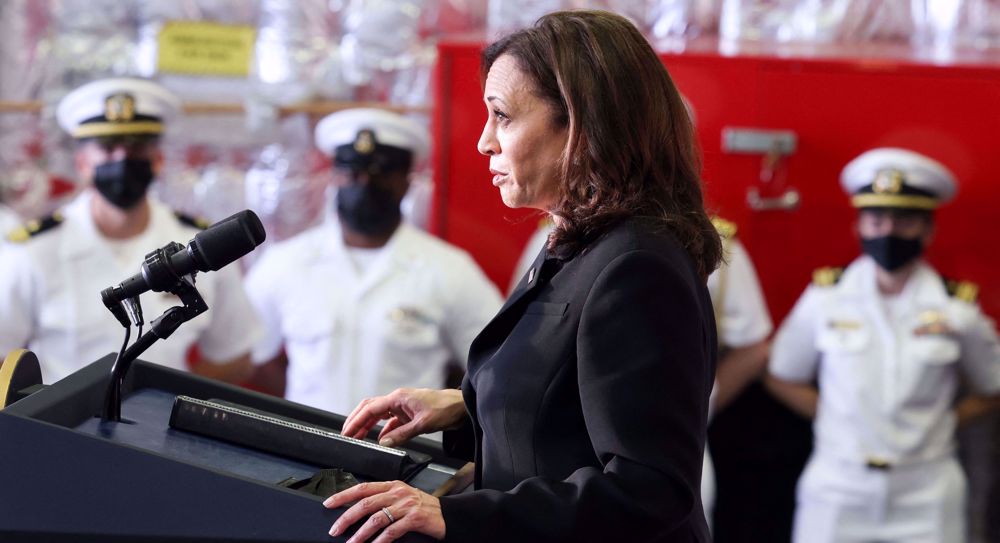
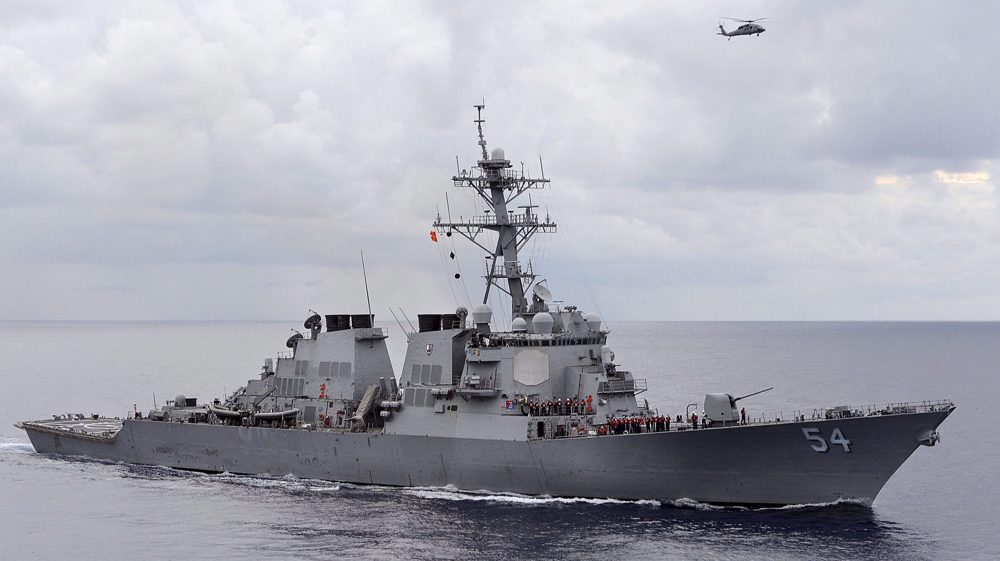



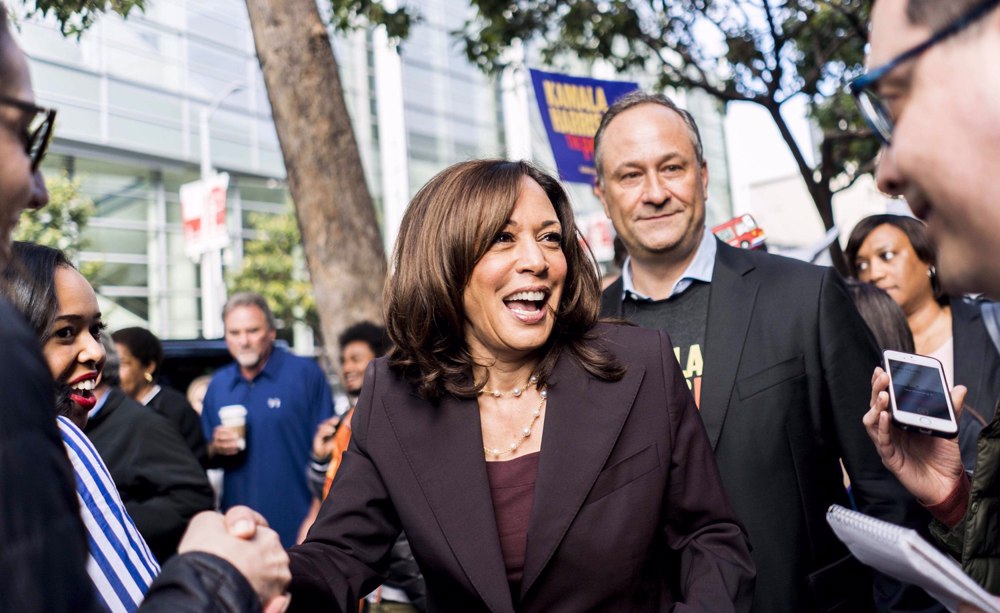

 This makes it easy to access the Press TV website
This makes it easy to access the Press TV website